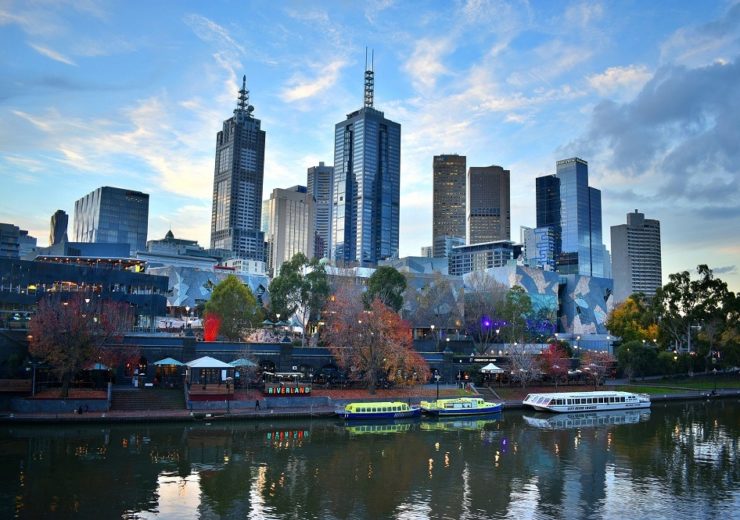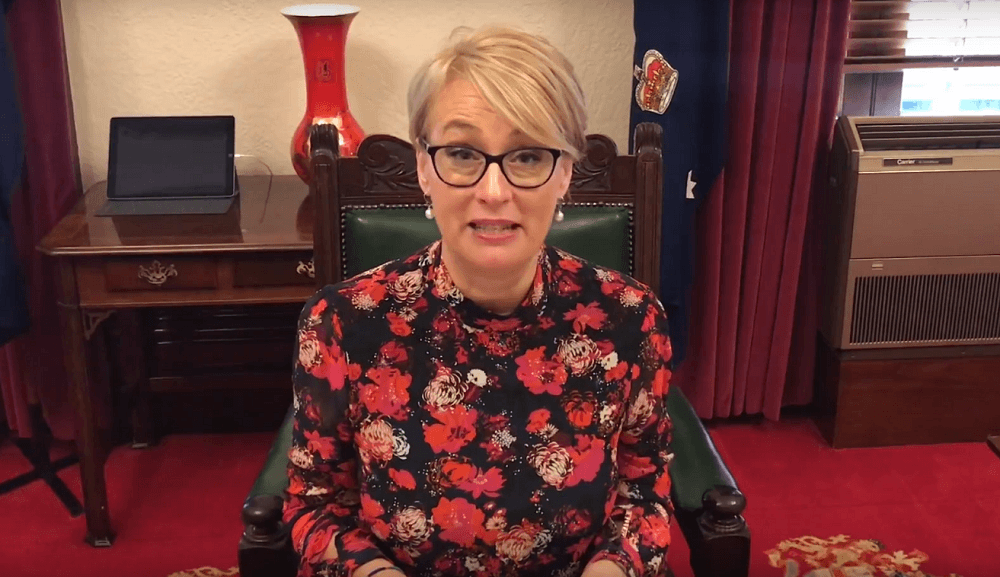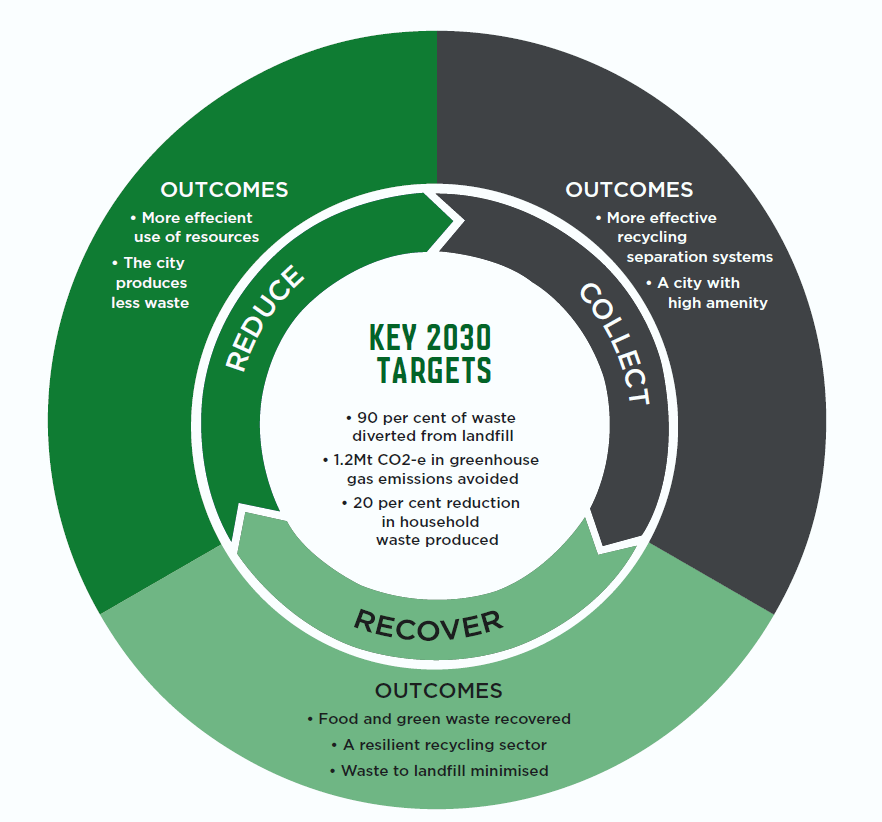Melbourne's decision to accelerate its Waste and Resource Recovery Strategy comes after leading contractor SKM Recycling said it would no longer accept any more waste

Melbourne is going to fast track parts of its Waste and Resource Recovery Strategy (Credit: Pixabay)
The Australian city has announced it will fast-track the delivery of parts of its Waste and Resource Recovery Strategy.
The acceleration, which will see investment in infrastructure and new technologies brought forward, has been agreed to help address the State of Victoria’s ‘recycling crisis’.
It follows on from the news that major contractor SKM Recycling would no longer accept any of the city’s rubbish, with the firm being handed over to liquidators in the Victorian Supreme Court on Friday.
This has resulted in Melbourne being ‘forced’ to send 45 tonnes of recyclables to landfill each day.
Melbourne’s Lord Mayor Sally Capp announced authorities would urgently investigate ways to reduce the use of such sites.
“We want to stop recyclables going to landfill as soon as possible and deliver long-term improvements for our residents and businesses,” she said.
“We are going to increase the number of shared waste hubs for businesses in the central city and work with businesses to reduce the amount of waste they produce.

“We know that what works in our laneways will be different to what’s required for large apartment block and other residential areas.
“Our team is examining international best practices and will run an Expression of Interest Process looking for technologies that could be used in Melbourne’s inner city laneways.
“This could include using everything from mini-compactor bins, to specialised vehicles, and collection of source separated materials such as glass, organics, paper and cardboard.
“Ultimately we need to work towards the model used by many European countries where recycling streams are collected and processed separately.
“This is not a process that can be tackled by individual municipalities so we will be working with other councils, the Victorian Government and the community to achieve long-term change.”
‘Local residents in the City of Melbourne need to play their part’
Local residents of the city have been asked to “play their part” to reduce contamination of waste by Melbourne Council’s Environment Portfolio chair Cathy Oke.
She said: “Rather than send our recycling overseas, we will examine the feasibility and cost of preparing materials for manufacturing use here in Victoria.
“We don’t want people to lose their good recycling habits. We’re hopeful of delivering short- and long-term solutions to this crisis.
“We need to provide a cleaner product for our recycling industry to return to a more sustainable and stable footing.
“That means reducing contamination from items like greasy pizza boxes, which don’t belong in the recycling.
“Ultimately we need to encourage everyone to reduce the amount of waste they’re producing in the first instance.”
As part of the waste strategy, the City of Melbourne wants to open a new large-scale recycling centre, with a feasibility study to be carried out by the council along with its subsidiary, Citywide.
Mayor Capp said: “As a matter of urgency our waste collection business Citywide will work with independent experts to look at the best way to create a specialised recycling facility in Victoria that will be stable and sustainable.
“The study will consider the potential size and location for a new facility as well as the number of municipalities it could service.
“It would also consider the level of recycled material required for it to be viable, and potential markets for recycled materials.”
What does Melbourne’s Waste and Resource Recovery Strategy look like?
The initial phase of Melbourne’s Waste and Resource Recovery began late 2017 when the city council began the first of its two community consultations.
It has set three key targets to be achieved by 2030, these being the diversion of 90% of waste from landfill, avoiding 1.2 tonnes in greenhouse gas emissions and a 20% reduction in household waste.
To achieve this, the city will look at five key problem areas to improve, starting with investment in new technologies to support new and upgraded material recovery facilities and high-value reprocessing planets.

It also wants to encourage local specialised product manufacturers as well as better education designed to improve behaviour and build support for new initiatives through a board and extensive campaign.
Alongside this, the city will improve its sustainable procurement by creating demand across all government departments by purchasing goods using recycled materials, and increasing the landfill levy on businesses.
The Waste and Resource Recovery Strategy was formally endorsed by the Future Melbourne Committee on 16 July 2019.
